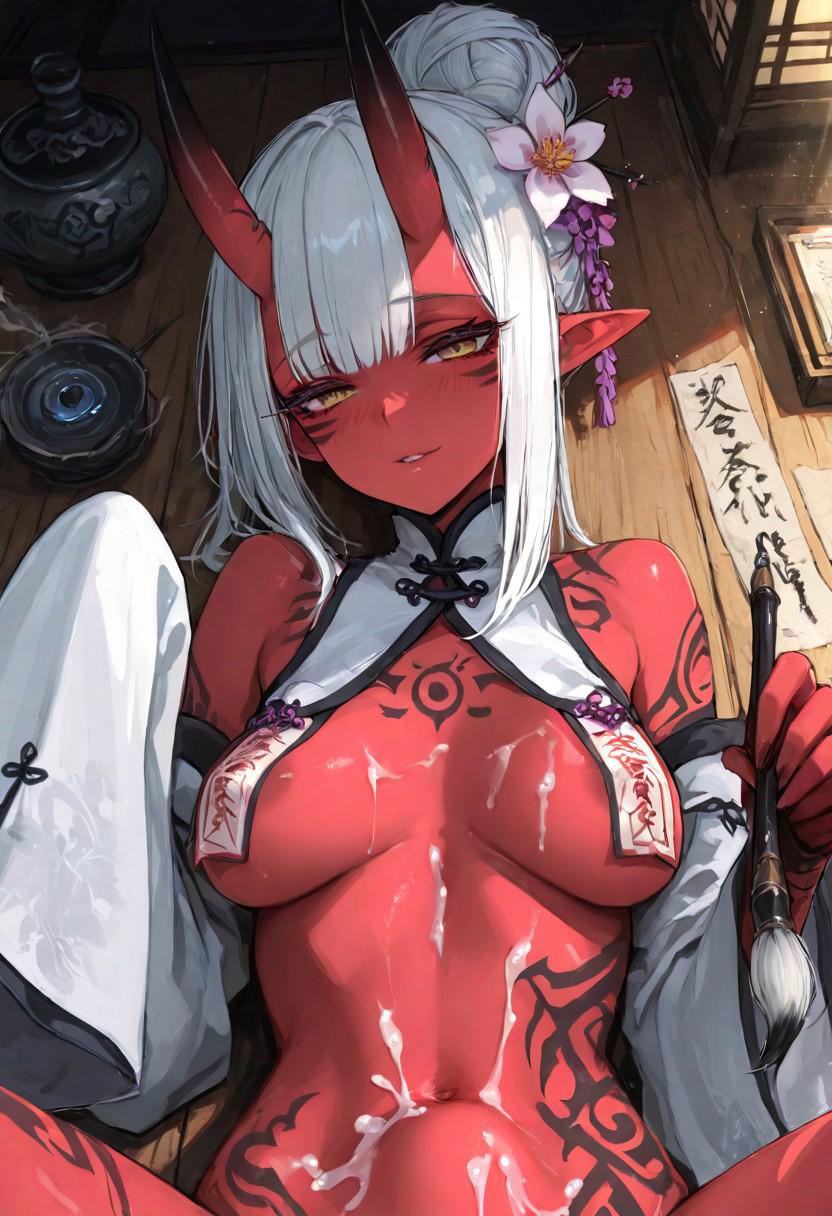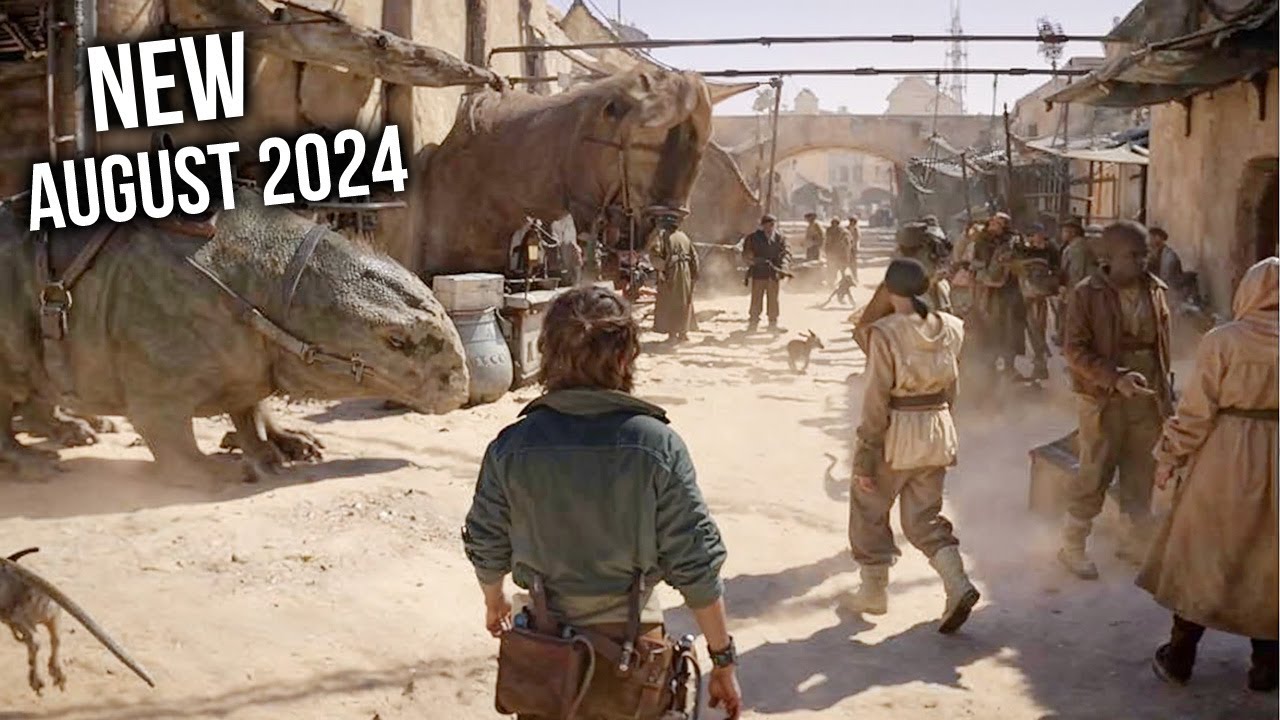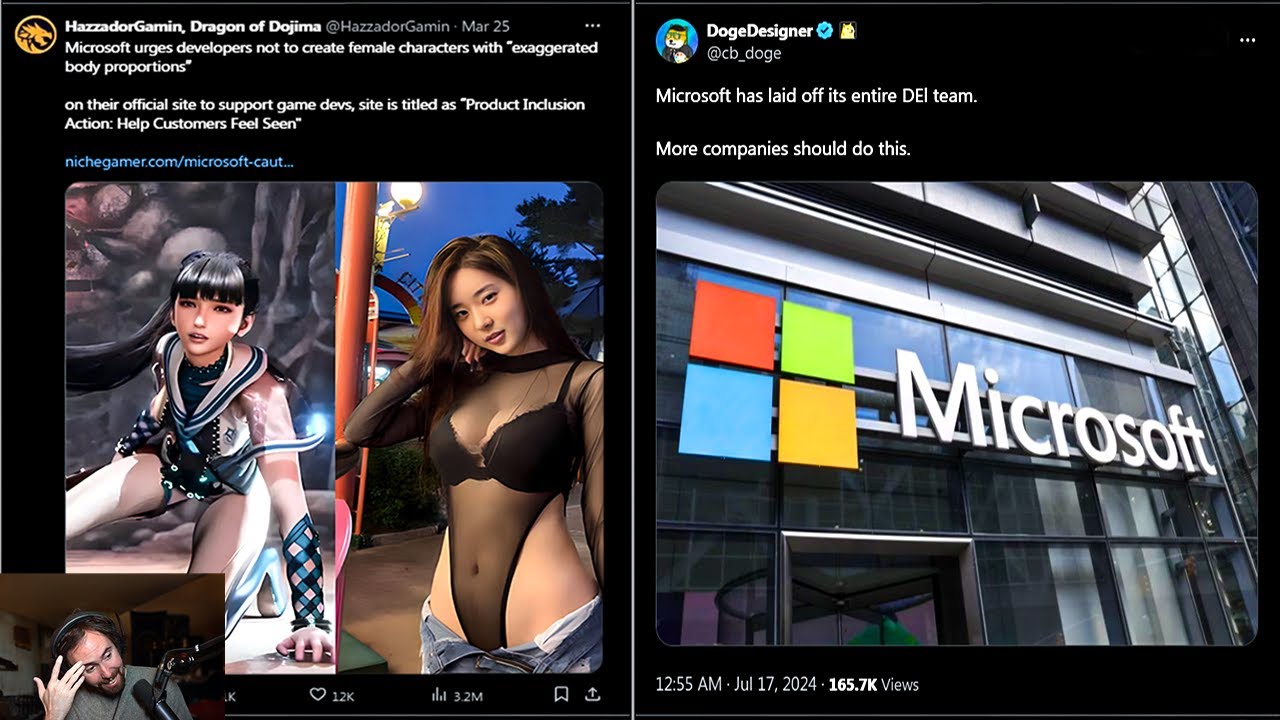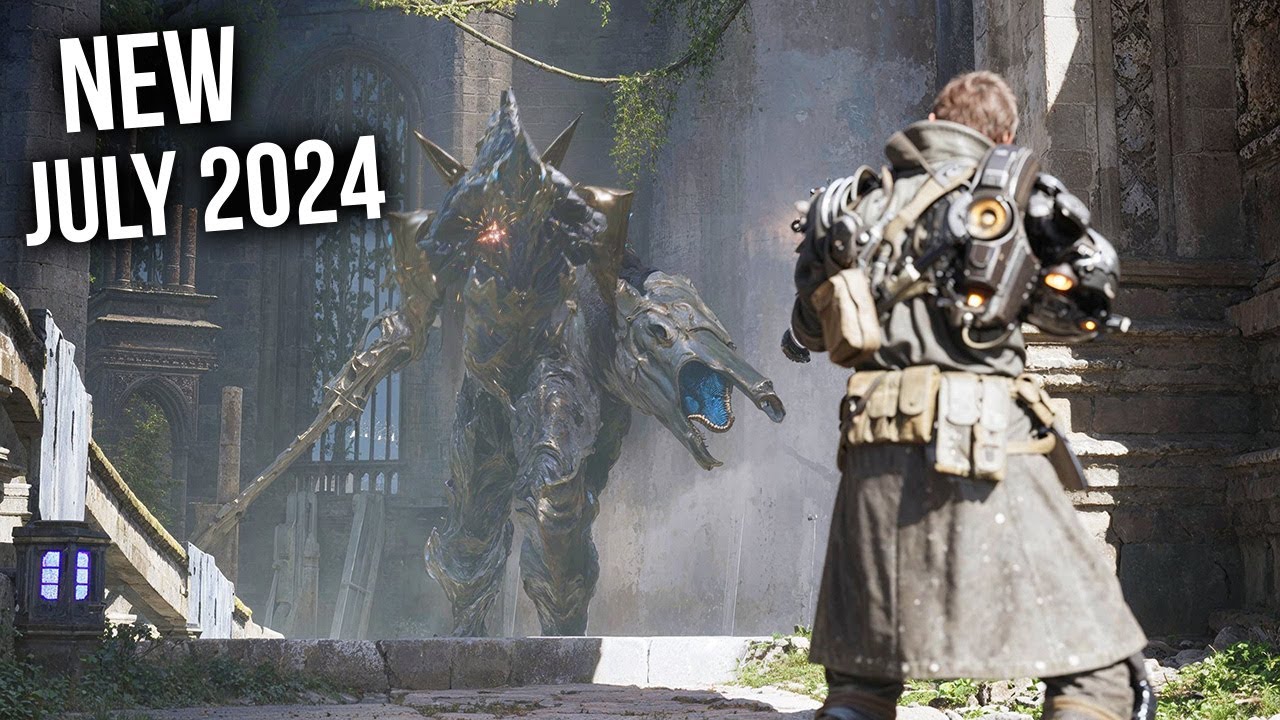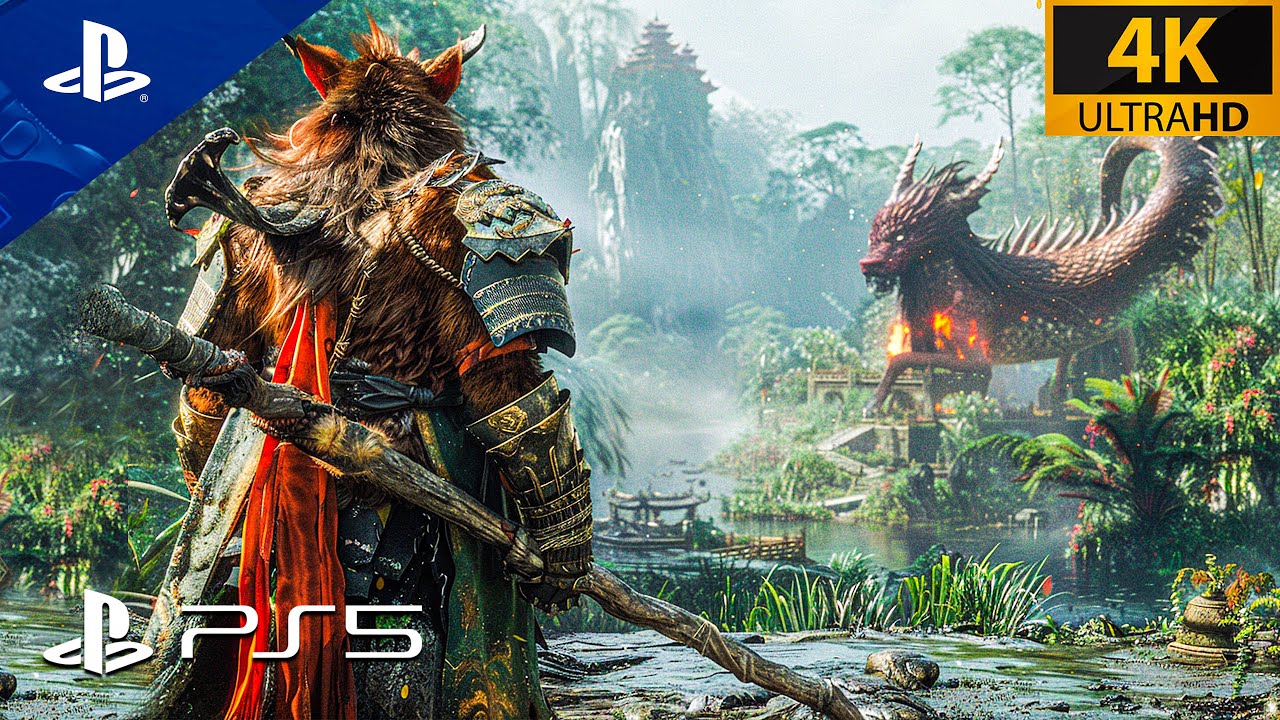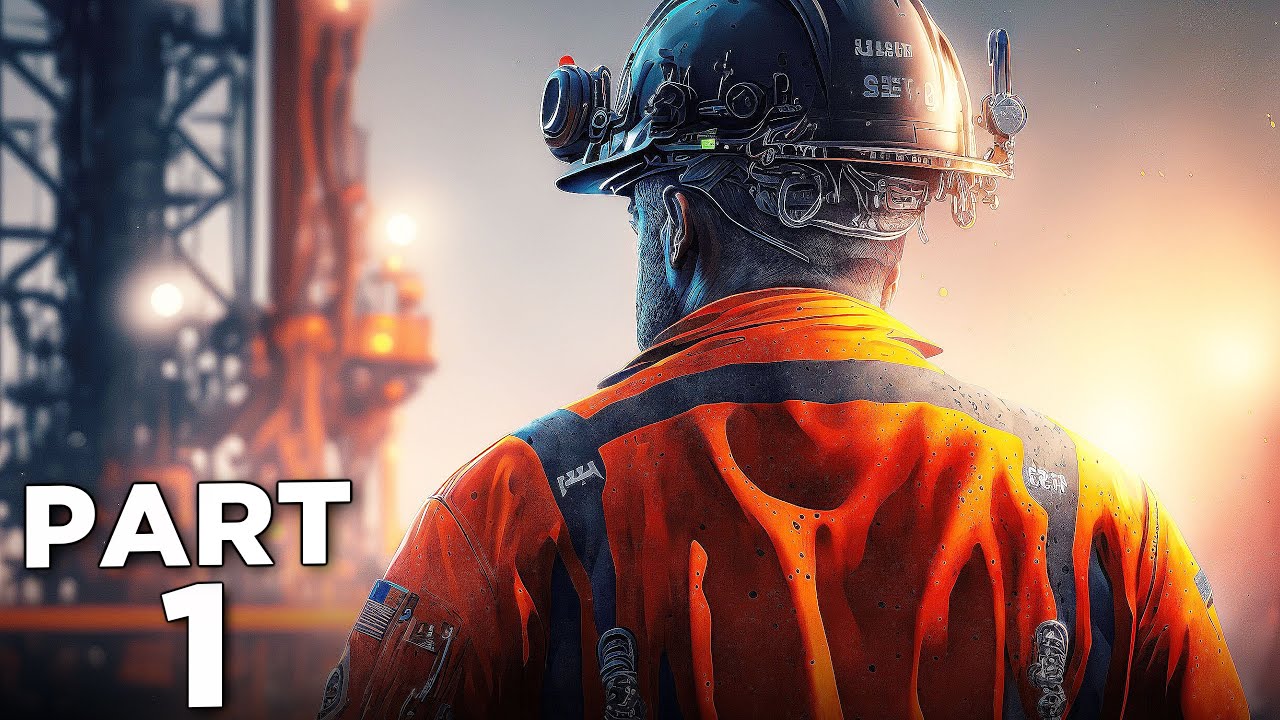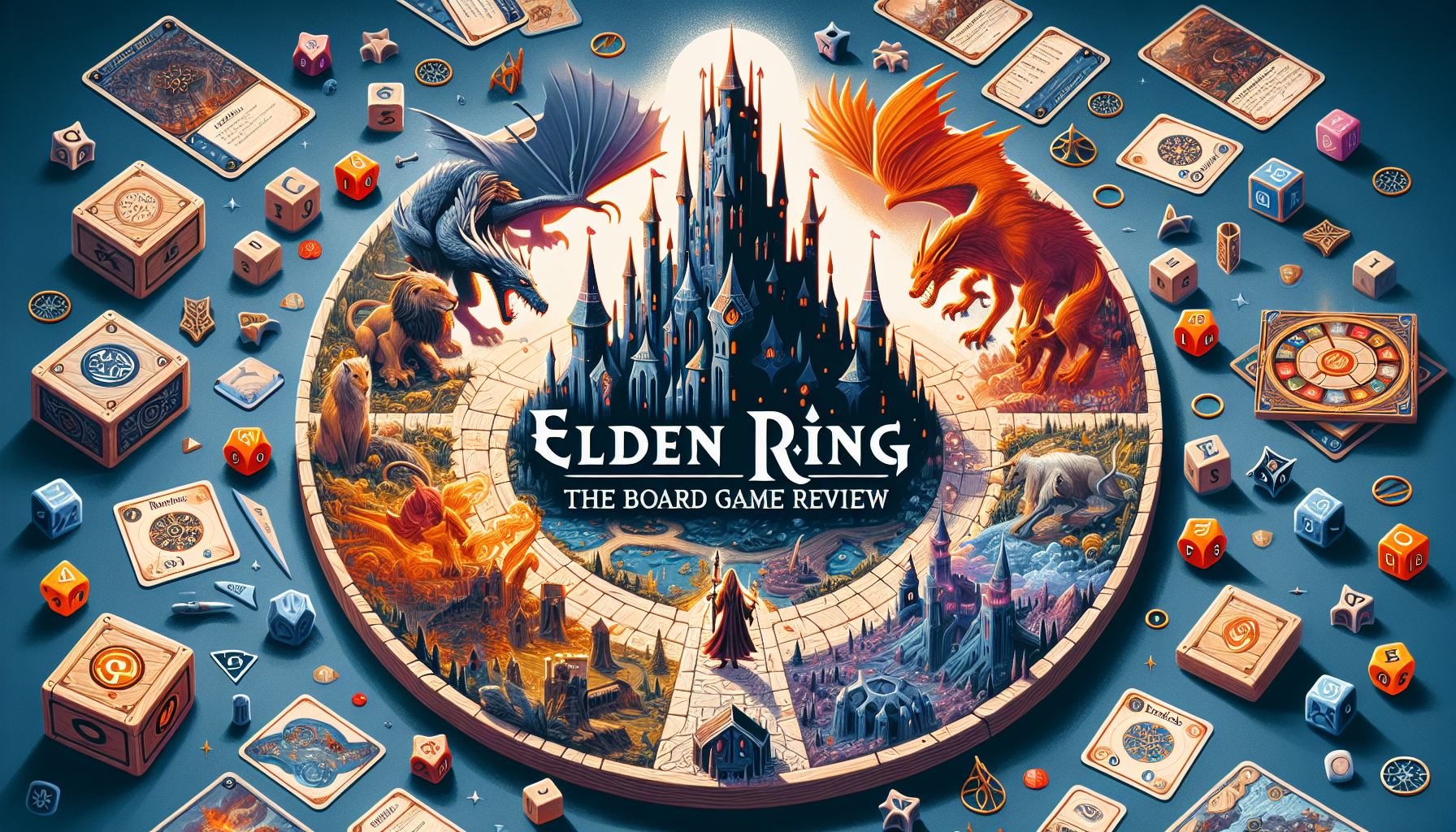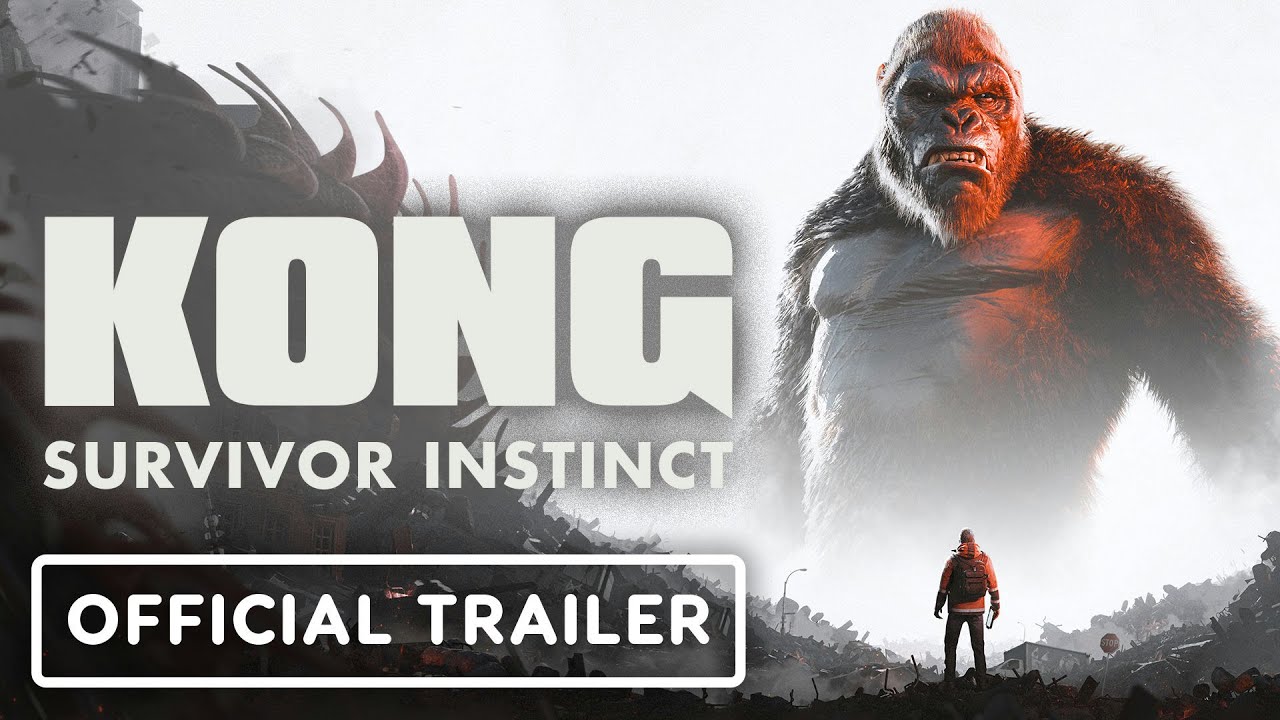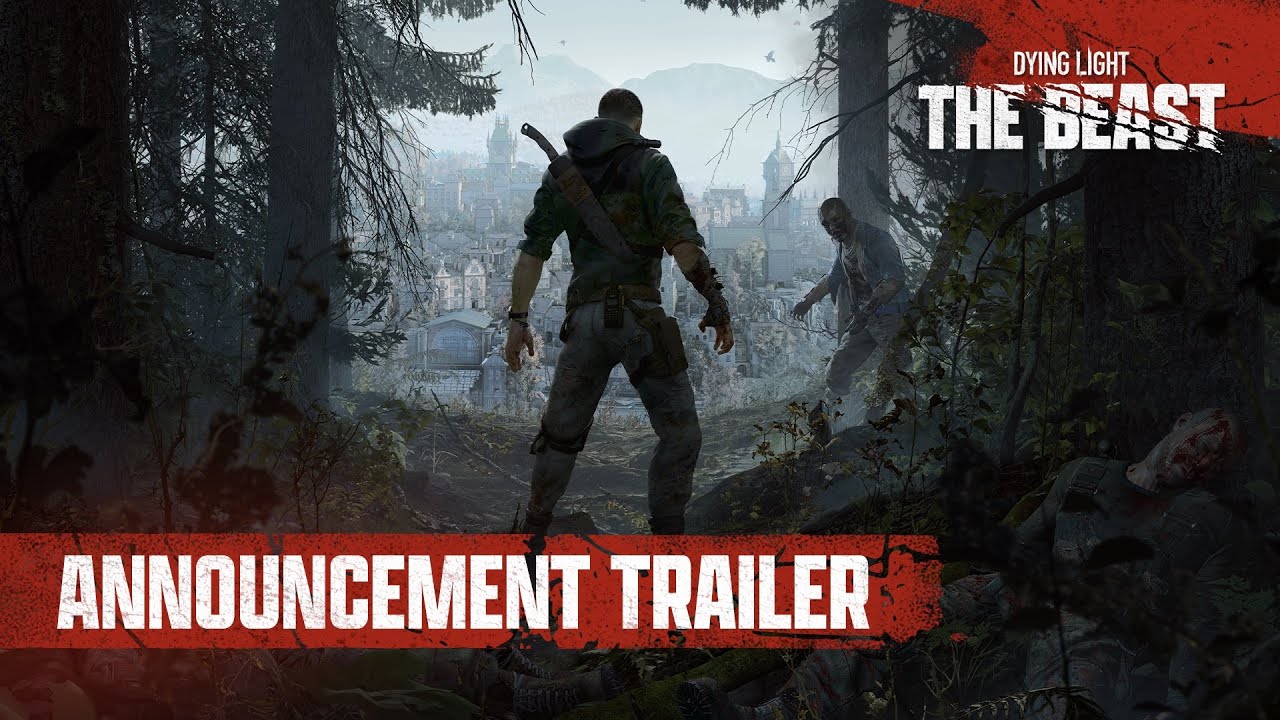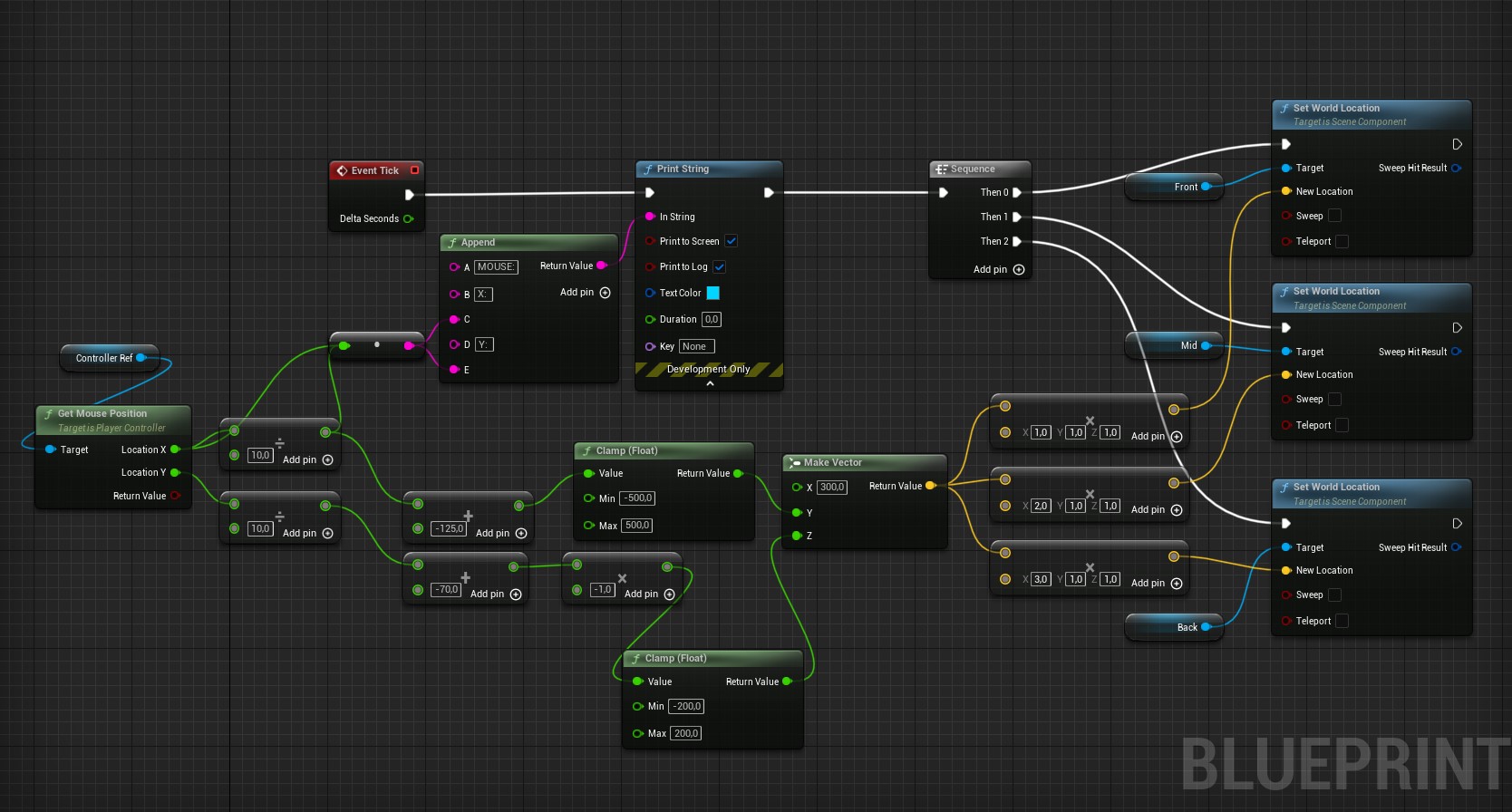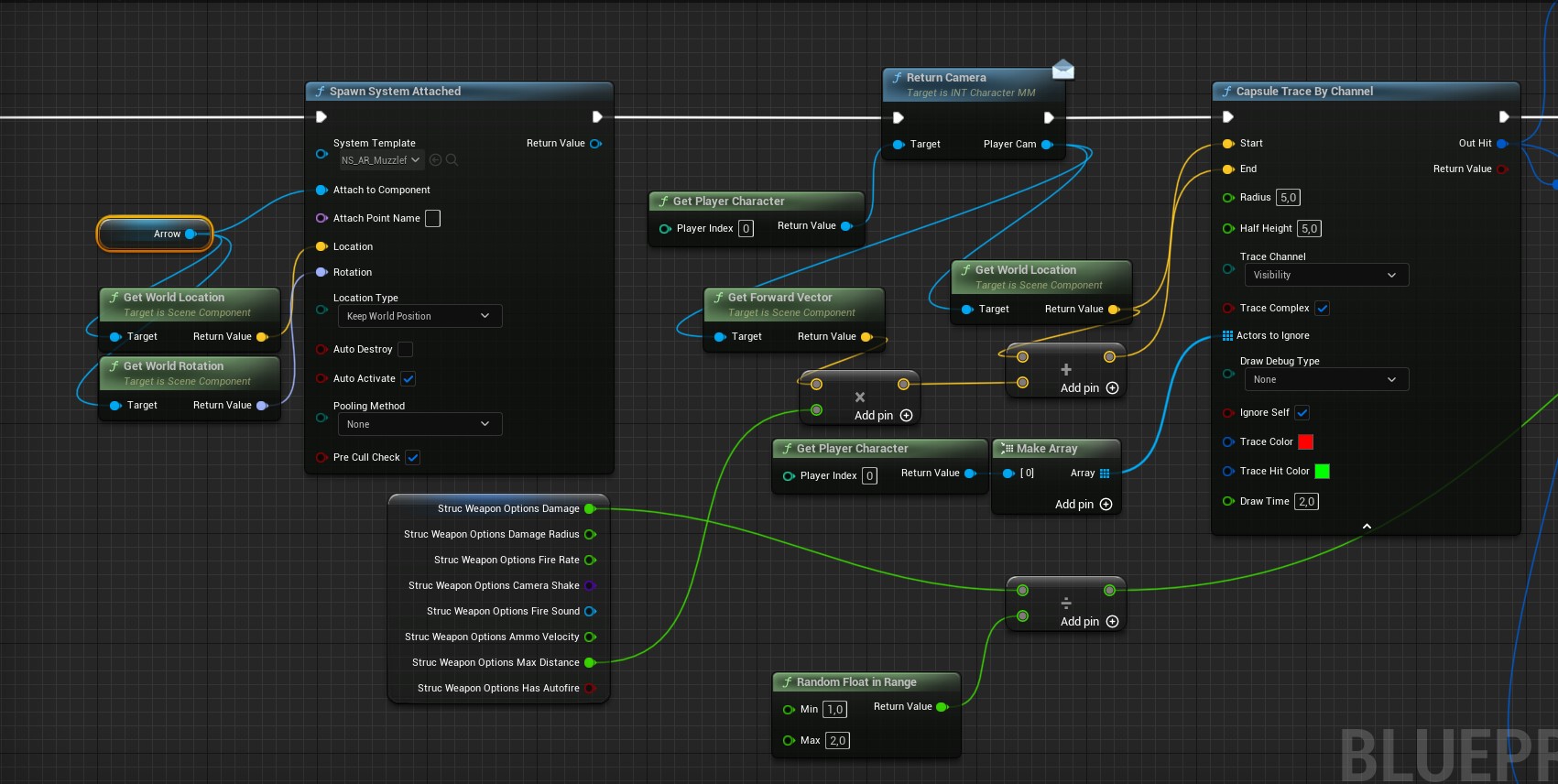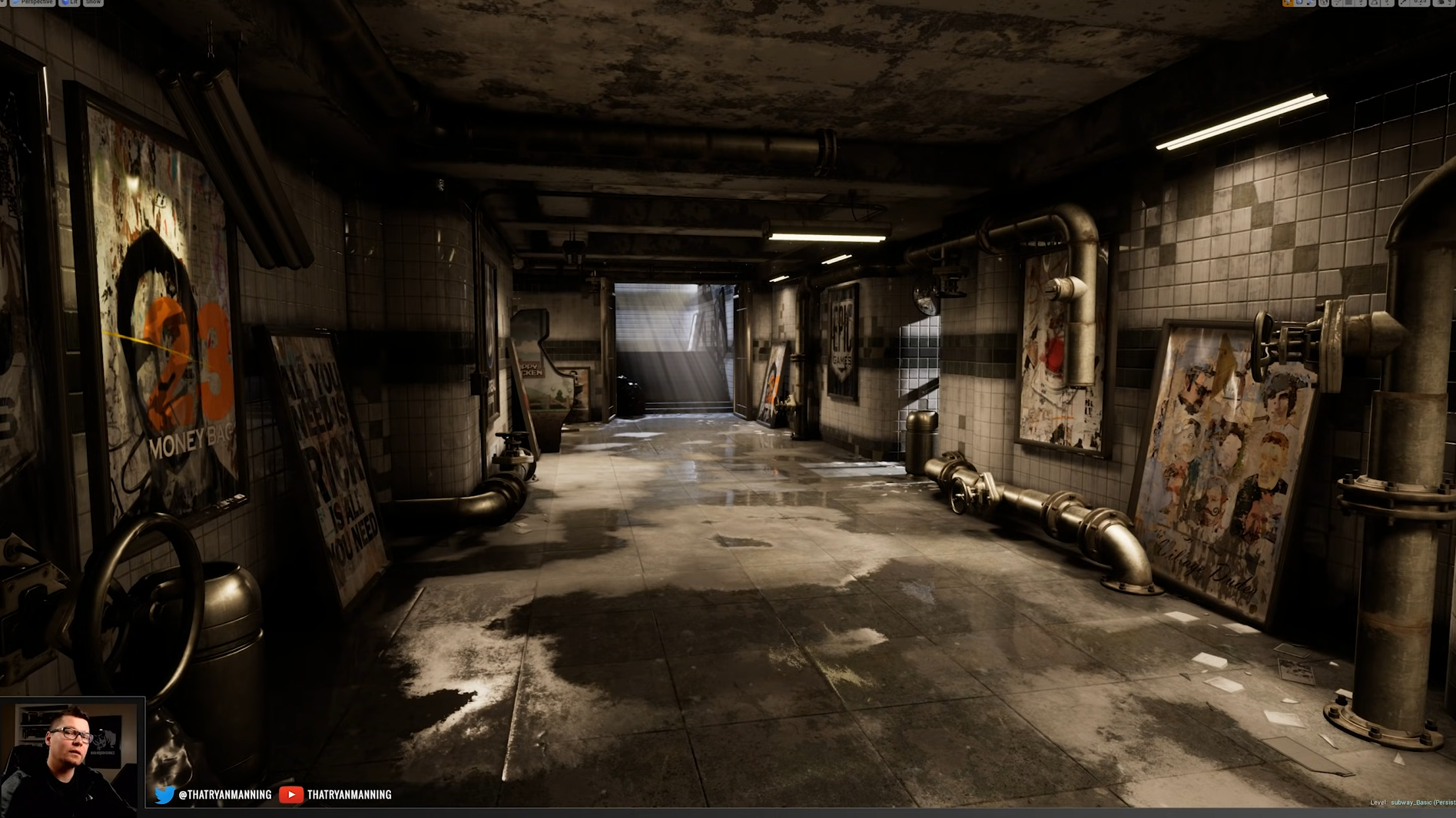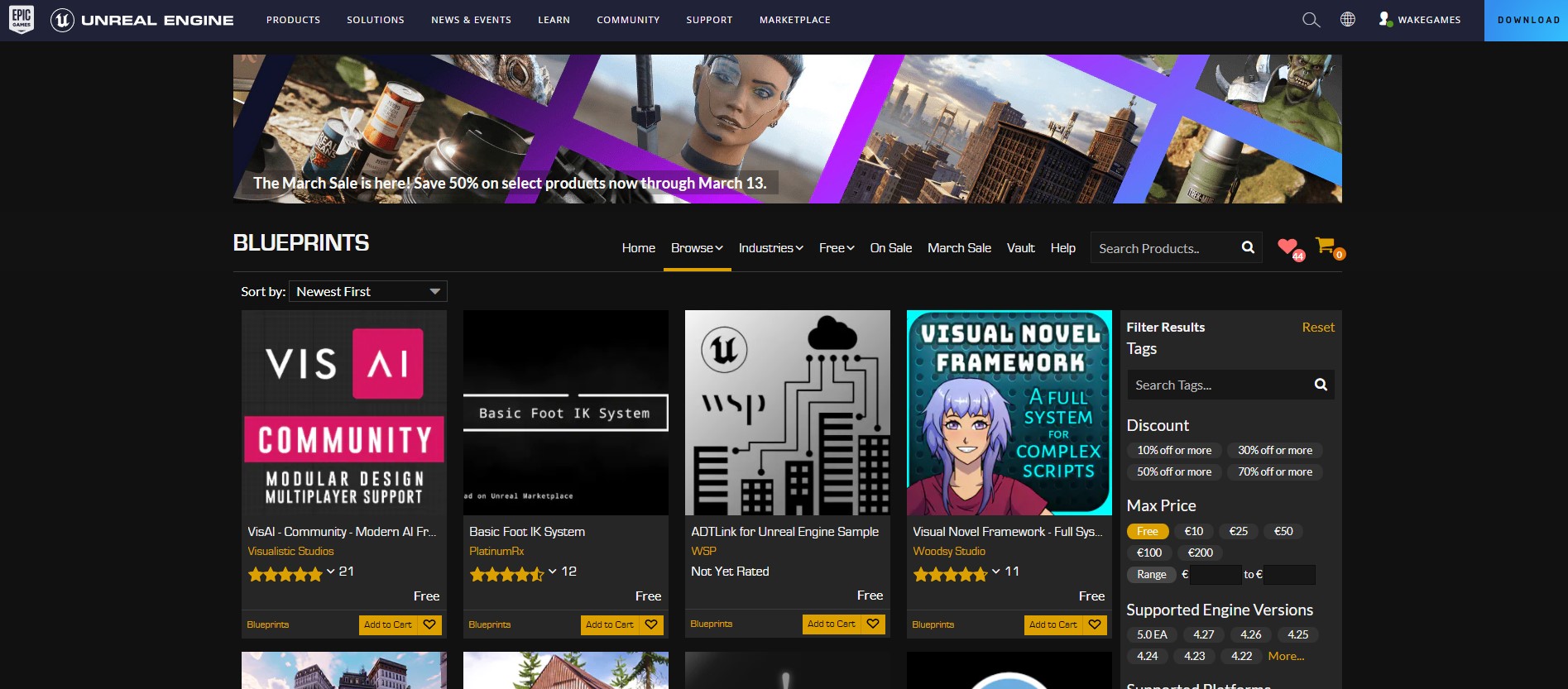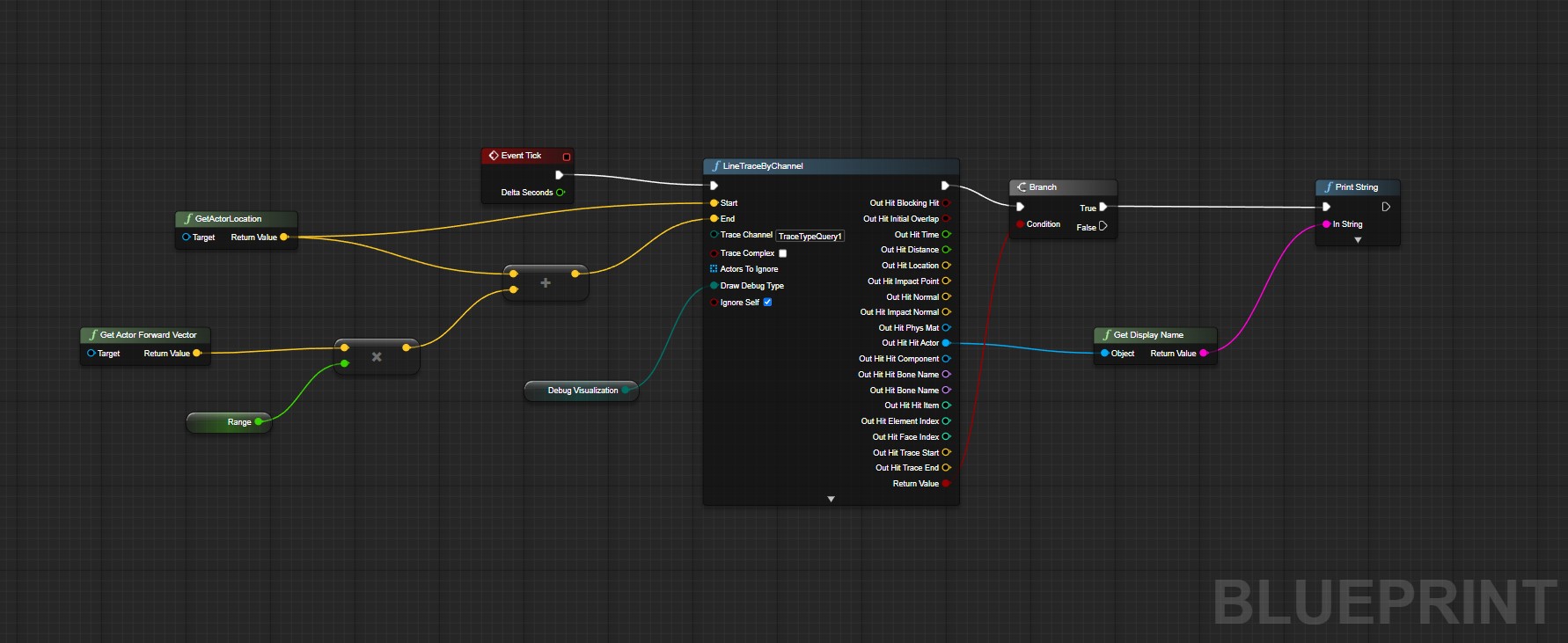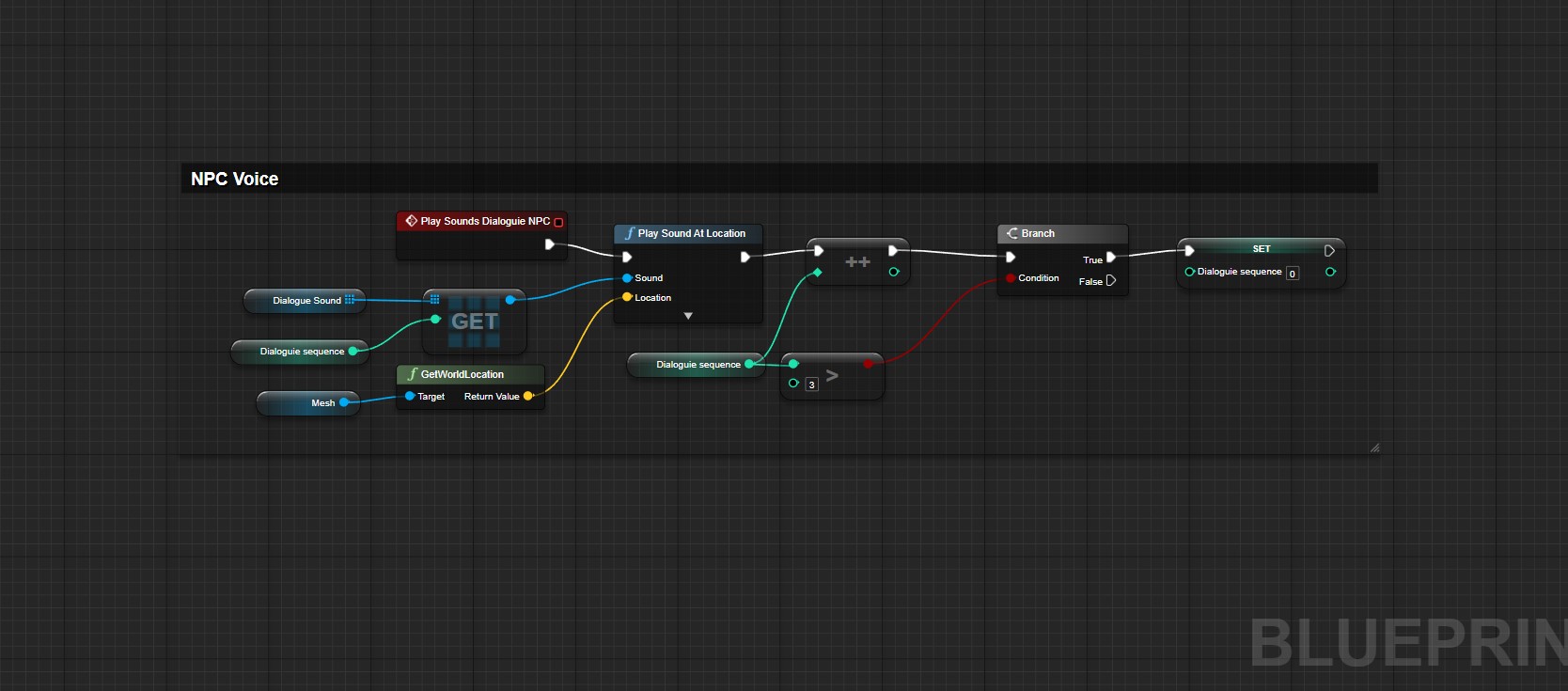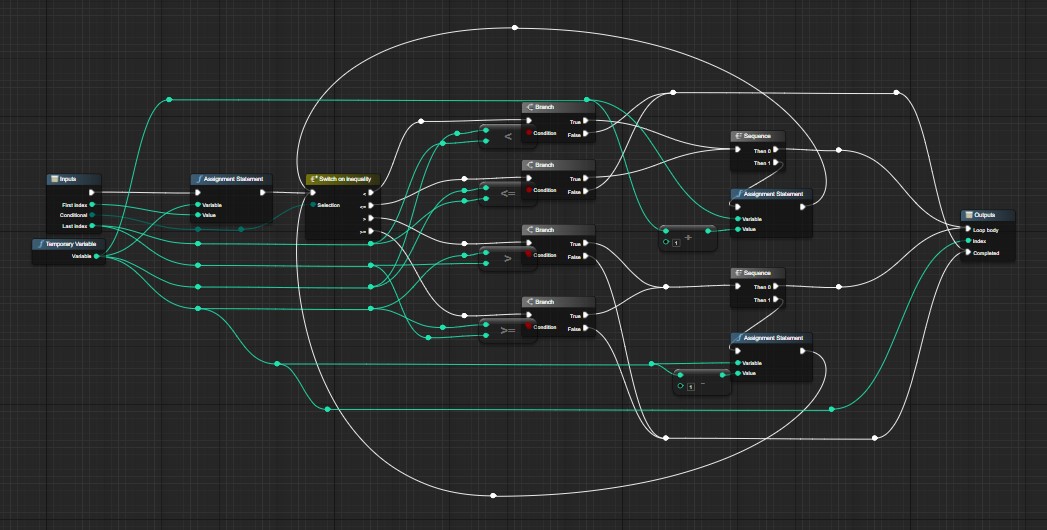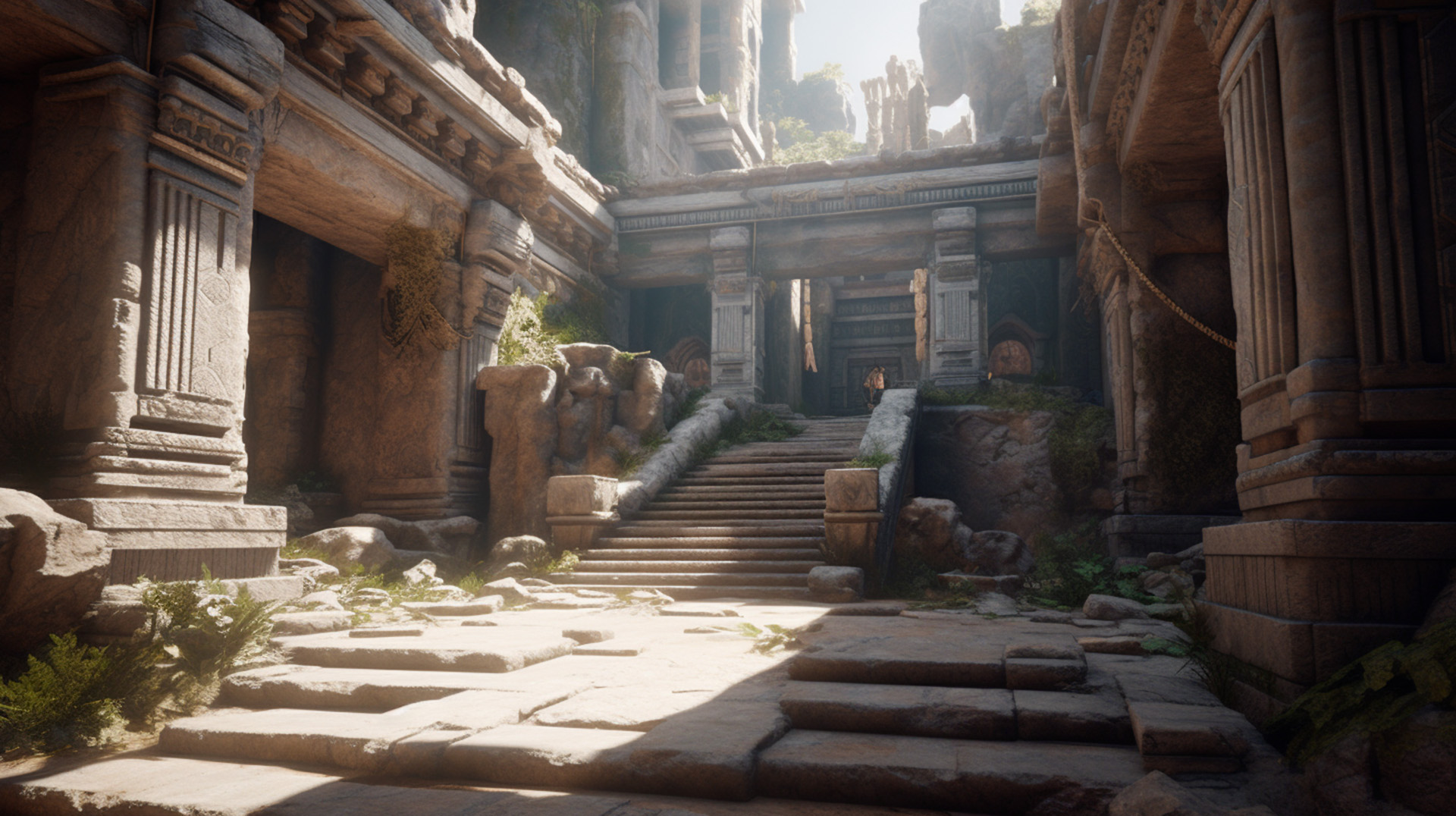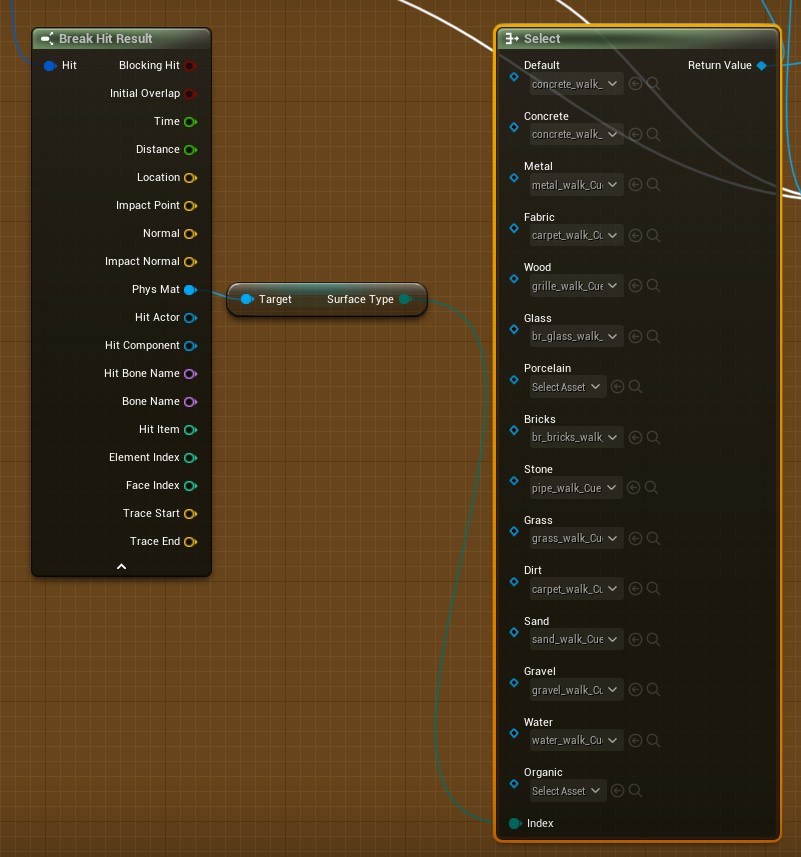The conversation around Diversity, Equity, and Inclusion (DEI) in the gaming industry has intensified in recent years, particularly following the global reckoning on racial and social justice in 2020. While DEI efforts are intended to foster inclusivity and representation, there are growing concerns that these initiatives are having unintended negative consequences on the gaming industry.
Creative Constraints and Tokenism
One of the primary criticisms is that DEI initiatives are imposing creative constraints on game developers. There is a concern that the push for diverse representation in games—whether in terms of race, gender, or sexual orientation—can lead to tokenism rather than meaningful inclusion. This occurs when characters from underrepresented groups are included in games not because they contribute to the narrative or gameplay, but to meet diversity quotas. For instance, the inclusion of LGBTQ+ characters in video games is often seen as surface-level representation, with these characters rarely having fully developed story arcs or meaningful roles within the game (Games Industry Biz).
A recent example can be found in games like The Last of Us Part II, where the inclusion of LGBTQ+ characters sparked controversy. While the game was praised for its narrative and character development, some critics argued that the focus on diversity came at the expense of the story, which alienated certain sections of the fanbase (InVision Communications).
Alienation of Core Audiences
The shift towards more inclusive games has also led to backlash from the core gaming community. Long-time fans often feel that their favorite franchises are being altered to fit a political agenda, leading to a sense of alienation. This was notably the case with games like Battlefield V, where the inclusion of female soldiers in the World War II setting led to significant controversy. Critics argued that this choice was historically inaccurate and was done purely to appease modern-day DEI expectations. The backlash was severe enough that it reportedly affected the game’s sales (InVision Communications) (Games Industry Biz).
Another example is Mass Effect: Andromeda, where efforts to include diverse character options were criticized for being poorly implemented. The game’s animation quality, dialogue, and character interactions were heavily criticized, with some attributing these flaws to a disproportionate focus on meeting diversity standards rather than on refining the game’s core elements.
Internal Industry Issues
DEI efforts have also sparked internal tensions within gaming companies. As companies strive to diversify their workforces, there have been reports of resentment among employees who feel that diversity hires are prioritized over merit-based promotions. This can lead to a toxic work environment, where employees are divided and productivity is hampered. For example, reports from several large gaming companies indicate that despite public commitments to diversity, the actual impact on workplace culture has been minimal, leading to disillusionment among employees who were expecting more significant changes (Games Industry Biz).
Moreover, the gaming industry’s struggle with implementing DEI initiatives effectively is evident in the slow progress toward diversifying its workforce. Despite public statements and initiatives, many companies have failed to achieve substantial change. For instance, in 2023, it was reported that the gaming workforce remains overwhelmingly male and predominantly white, with minimal representation from other groups. This lack of internal diversity has been cited as a reason why DEI efforts in games themselves often feel inauthentic or poorly executed (Poynter) (InVision Communications).
The Broader Impact on the Industry
The broader impact of DEI on the gaming industry is still unfolding. While some believe that these initiatives are essential for the future of gaming, others argue that they risk alienating core audiences and diluting the creative potential of games. The challenge for the industry will be finding a balance between promoting diversity and maintaining the authenticity and creative freedom that have made video games a unique form of entertainment.
In summary, while the push for DEI in gaming is rooted in the noble goal of inclusivity, its implementation has faced significant challenges. Issues of tokenism, alienation of core audiences, and internal workplace tensions highlight the complexities of integrating DEI into the gaming industry. As the industry continues to evolve, it will need to address these challenges to ensure that DEI initiatives contribute positively to both the content and the culture of gaming.






